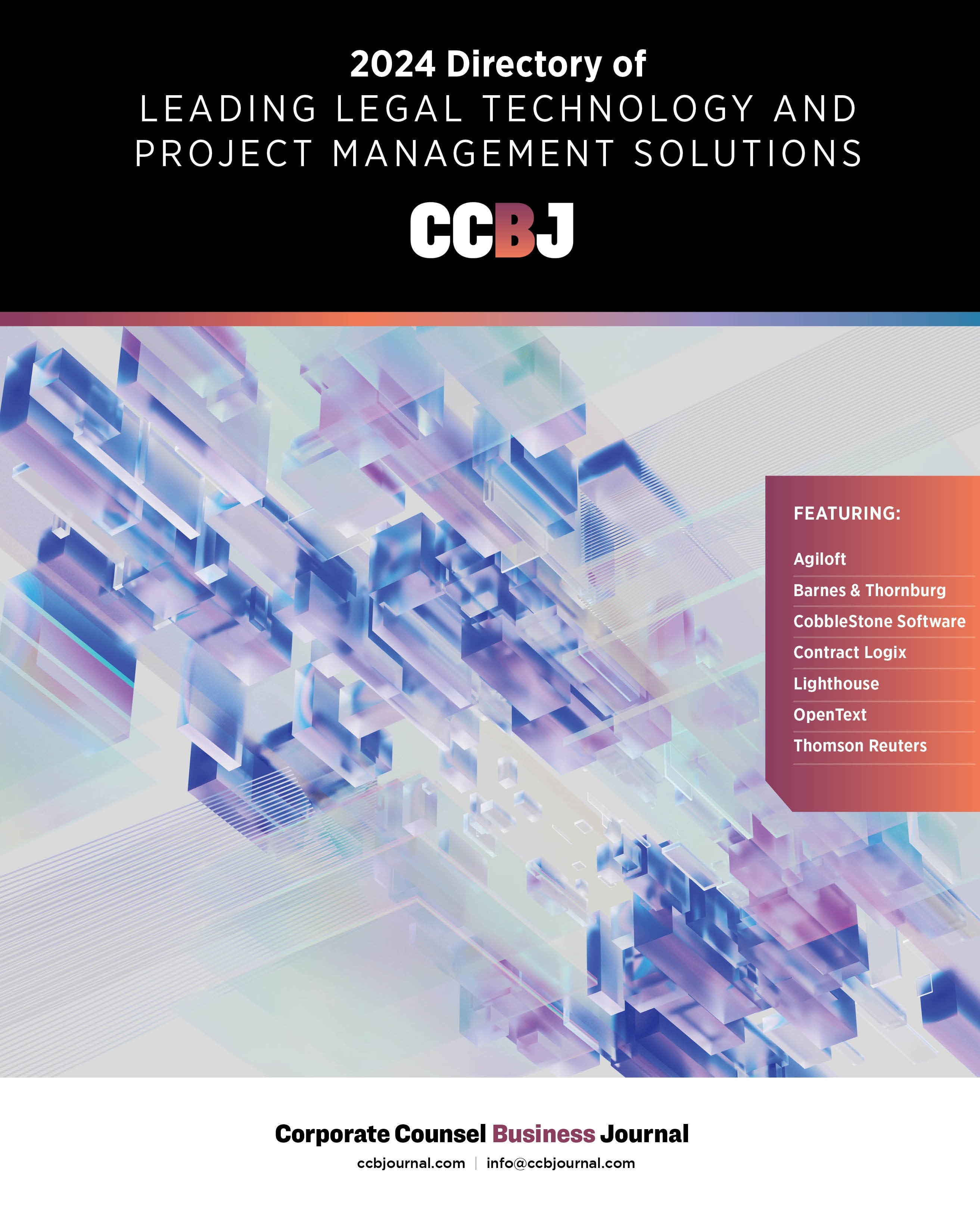Privilege
More Privilege Articles
Privilege

Can Any Data Breach Investigation Report Deserve Protection? Part I
Companies and even law firms suffer data breaches, and usually claim privilege and work product protection for the inevitable resulting investigation.
Read MorePrivilege

Former Employees Can Have Privileged Communications With Their Former Employer’s Lawyer, but Cannot Waive Its Privilege
In all but a few states, the attorney-client privilege can protect a company’s lawyer’s communications with former company employees — as long as the communications focus on the former employees’ tenure at the company.
Read MorePrivilege

Sending an Adversary a Draft Complaint Does Not Waive Privilege or Work Product Protection
Would-be litigants sometimes send a draft complaint to the would-be adversary — either to deter their bothersome conduct or to spur settlement talks.
Read More

